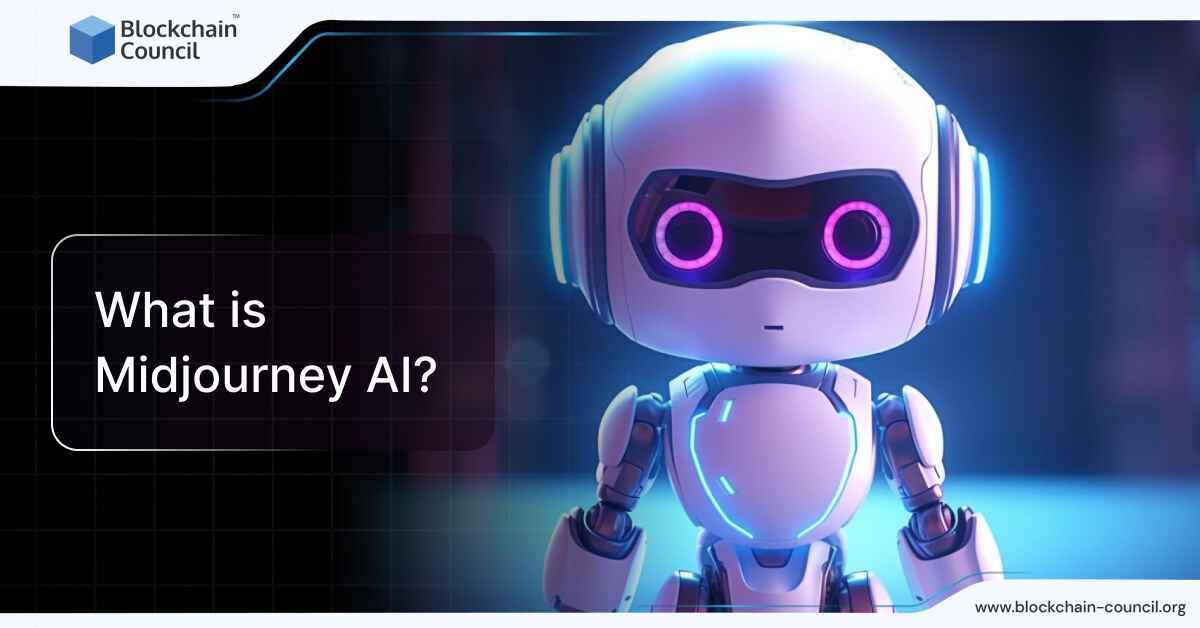
- Blockchain Council
- October 06, 2024
ChatGPT, created by OpenAI, is a model designed to produce responses similar to human conversation across various contexts. Although it brings many benefits in language processing, it also presents multiple challenges and ethical issues that must be carefully considered.
Understanding ChatGPT and Its Main Components
ChatGPT relies on the Generative Pre-trained Transformer (GPT) framework, which uses extensive datasets to generate text that resembles human dialogue. The model has undergone several iterations, evolving from GPT-1 to the current versions like GPT-4o, each version enhancing its ability to understand and generate language. ChatGPT is trained on large quantities of text from the internet. They enable it to handle tasks like answering questions, drafting essays, and coding. However, its remarkable abilities come with limitations that impact its accuracy and ethical use.
Key Limitations of ChatGPT
-
Misinformation and Errors
One of the major challenges with ChatGPT is its tendency to provide misleading or incorrect information, often termed “hallucinations.” Since the model doesn’t truly comprehend the content it produces, it relies on patterns seen during training. This can result in believable but incorrect responses, posing significant risks in critical areas like healthcare and law.
For instance, if asked for medical advice, ChatGPT might generate plausible yet wrong information. This can potentially endanger users who rely on it without further verification.
-
Bias in Outputs
ChatGPT is influenced by biases found in its training data, mostly sourced from internet content. These biases can appear in many forms, including racial, gender, and ideological biases, sometimes resulting in harmful or discriminatory outputs. For example, research has indicated that earlier versions, such as GPT-3, often connect negative stereotypes with certain groups. This highlights the ethical risks of using AI models without properly addressing these biases. The issue stems from the training data, which frequently over-represents specific demographics while under-representing others.
-
Privacy and Security Issues
Privacy concerns are another significant problem with ChatGPT. The model can unintentionally produce responses that reveal sensitive information, especially when used in situations involving personal data. Moreover, ChatGPT lacks strong mechanisms to ensure data privacy, which can lead to accidental exposure of confidential information. This is a serious issue in sectors like finance and healthcare where data protection is crucial.
-
Lack of Clarity and Responsibility
ChatGPT functions as a “black box,” meaning its response generation process is not fully transparent. This opacity makes it difficult for users and organizations to understand why it generates certain outputs. It further complicates efforts to establish responsibility when harmful or biased content is produced. The unclear accountability also makes it challenging to implement corrective actions when errors occur.
-
Environmental Concerns
Training and maintaining large models like ChatGPT require substantial energy, contributing to a significant carbon footprint. As AI models grow larger, their environmental impact becomes more pressing, urging the adoption of more sustainable development practices.
Ethical Concerns of ChatGPT
-
Potential Misuse and Harmful Applications
ChatGPT can be used for various purposes, including harmful ones. Its ability to produce human-like text can be exploited to create misleading news, fraudulent emails, or deepfakes, potentially manipulating people or public opinion. This ease of misuse underscores the need for strict regulations and monitoring to prevent such exploitation.
-
Plagiarism and Questions of Authorship
The text generated by ChatGPT often closely resembles human writing, making authorship unclear. In educational settings, students might use ChatGPT for assignments, raising concerns about plagiarism and originality. This challenges traditional views on authorship and can undermine academic standards. Similarly, in creative industries, the model’s output, which blends original content with training data elements, complicates copyright issues.
-
Impact on Human Jobs and Interaction
As ChatGPT becomes more prevalent in fields like customer service and content creation, it could reduce the need for human workers. While automation can improve efficiency, it also raises ethical concerns about job displacement and the broader societal effects of reducing human interaction in roles traditionally filled by people. For instance, chatbots replacing human agents might lead to less personal and empathetic customer service experiences.
-
Complex Accountability Issues
Determining responsibility when ChatGPT makes mistakes or produces harmful content is complex. Users may not always grasp that the AI lacks intent and merely operates based on its training. The absence of clear accountability means that users, developers, and organizations must carefully navigate responsibility, particularly in cases involving legal or reputational damage.
How to Reduce The Risks?
Addressing ChatGPT’s limitations and ethical concerns requires skilled professionals knowledgeable in AI principles. To tackle issues like bias, transparency, and responsible use, a deep understanding of AI and ChatGPT’s features is necessary. For instance, auditing training data and refining models demands familiarity with machine learning concepts. Ensuring transparency and accountability also involves practical skills in tools like the OpenAI API.
Obtaining relevant certifications can equip professionals with the expertise needed for ethical AI work. Expert-recommended programs like the Certified ChatGPT Expert certification cover essential areas like ChatGPT prompt engineering, data privacy, and AI-related job opportunities. It provides a structured pathway to develop these critical skills. With this certification, you won’t have to stress over losing your job to AI. Instead, it will help you get hired easily.
Conclusion
ChatGPT’s strengths are significant, but so are its challenges and ethical concerns. Developers, users, and policymakers must remain aware of these issues to promote responsible use. Addressing biases, improving transparency, and implementing safeguards against misuse are vital steps. Certification and ongoing education can help professionals contribute responsibly to the evolving AI landscape. Remember to view ChatGPT as a complementary tool rather than a substitute for expert judgment or critical thinking.





































































 Guides
Guides News
News Blockchain
Blockchain Cryptocurrency
& Digital Assets
Cryptocurrency
& Digital Assets Web3
Web3 Metaverse & NFTs
Metaverse & NFTs
